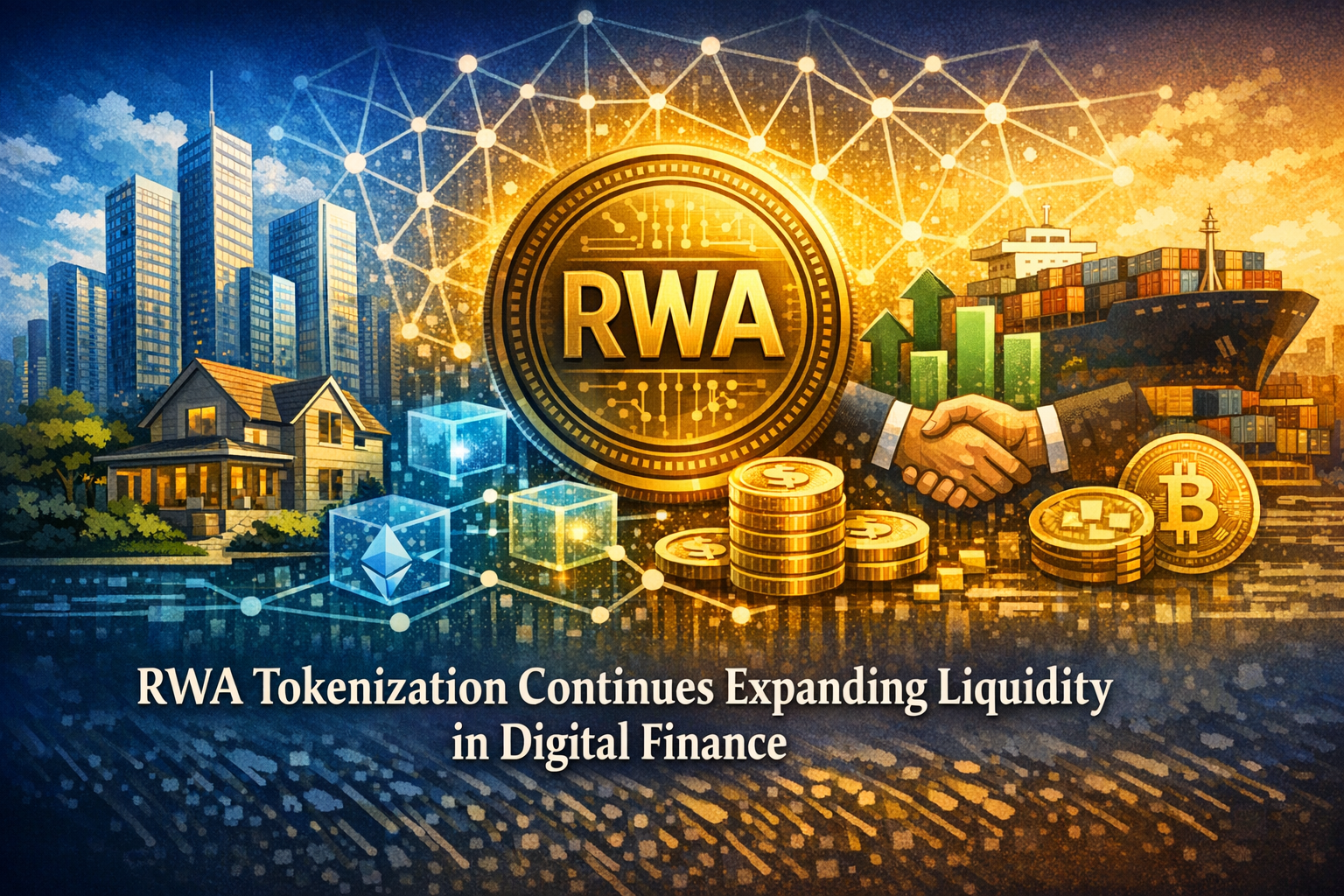The concept of ownership is undergoing a revolutionary transformation in the digital era, and at the forefront of this shift are Non-Fungible Tokens (NFTs). For decades, digital content—from art and music to in-game assets has been easily copied, shared, and replicated without a true sense of ownership. But with the rise of NFTs, this paradigm is changing fast.
What Makes NFTs Different?
Unlike cryptocurrencies like Bitcoin or Ethereum, which are interchangeable (fungible), NFTs are unique digital tokens that prove the authenticity and ownership of a specific item or piece of content. Each NFT is stored on a blockchain, providing a transparent and tamper-proof record of who owns what and when it was acquired.
This innovation has opened up new ways for creators and consumers alike to engage with digital content. Artists can now sell their digital artwork with proof of authenticity. Musicians can tokenize their albums and offer fans exclusive rights or behind-the-scenes access. Gamers can trade rare in-game items with real-world value.
Empowering the Next Generation
The younger, digitally native generation is embracing NFTs not just as collectibles, but as status symbols and investment opportunities. Digital ownership now carries as much weight as physical ownership. Whether it’s owning a limited-edition digital sneaker, a rare piece of virtual land, or a profile picture from a popular NFT collection, the sense of possession is very real.
In a world increasingly shaped by the metaverse, where people interact, socialize, and even work in virtual spaces, NFTs are laying the groundwork for a robust digital economy built on ownership, scarcity, and authenticity.
The Broader Implications
NFTs are redefining how we think about value. Previously, digital goods were seen as ephemeral and secondary to physical ones. Today, NFTs are challenging that notion by creating markets for digital property where supply and demand, utility, and provenance influence pricing—just like traditional assets.
Moreover, NFT technology is influencing industries beyond entertainment. Real estate tokenization, digital identity, intellectual property rights, and event ticketing are all areas where NFTs are poised to bring transparency and efficiency.
NFTs are more than a trend they represent a new frontier in digital ownership that empowers creators and reshapes how we interact with digital content. For the next generation, owning something online is no longer just a download or screenshot it’s a verified, tradeable asset with real-world value.
As the technology matures and adoption expands, NFTs will continue to redefine what it means to “own” something in the digital age. The implications are vast, and we’re only just beginning to see what’s possible.




